President Ruto Apologises to Gen Z at National Prayer Breakfast in Nairobi
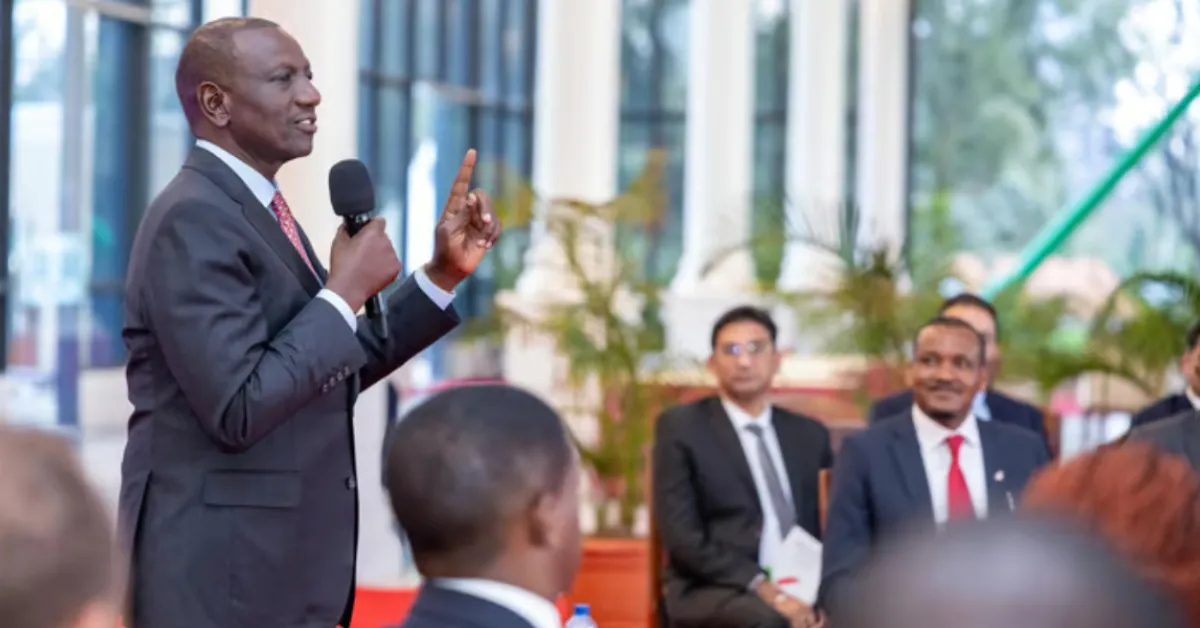
President William Ruto extended a formal apology to Kenya's Gen Z demographic during the National Prayer Breakfast at Safari Park Hotel, signalling a strategic pivot to address growing discontent among the nation’s youth and navigate through escalating political tensions.
This conciliatory gesture comes at a critical juncture, with the 2027 general elections looming and early campaign activities already underway. President Ruto’s remarks emphasized the rising political influence of Kenya’s youth, poised to become the majority voting bloc by 2027.
The government has encountered significant friction with this demographic, particularly following widespread protests in 2024 that demanded comprehensive governmental reforms. The primary catalyst for this unrest was the Finance Bill, which introduced new taxes widely perceived as punitive and excessive.
"To our children, if there has been any misstep, we apologise," Ruto said, marking a distinct shift in approach. This apology aims to rebuild trust with the younger generation and foster unity, as he quoted Psalms 133, advocating for peace amidst political differences.
President Ruto's outreach occurs in the context of his administration’s recent efforts to stabilize the political landscape through the dissolution of his Cabinet in 2024 and the subsequent establishment of a Broad-Based Government (BBG), designed to incorporate opposition figures. However, public sentiment remains sharply divided on the BBG's efficacy.
A recent survey conducted by TIFA Research between May 2 and May 6, 2025, revealed that 54% of Kenyans oppose the BBG, while only 22% support it. The remaining 22% remain undecided. The survey, which involved 2,024 respondents across nine regions, underscores the divisive nature of this unity strategy. Regional disparities in support for the BBG are also evident.
The highest approval rate, at 37%, was recorded in President Ruto’s Central Rift backyard. In contrast, Mt. Kenya and Lower Eastern regions reported the lowest support levels, at 13% and 12%, respectively. The Nyanza region, traditionally a stronghold of former Prime Minister Raila Odinga, exhibited moderate endorsement, potentially reflecting evolving political alliances following his collaboration with the government.
Alongside debates over governance, concerns regarding Kenya's electoral integrity persist. The TIFA poll indicated that nearly half of the respondents (48%) believe elections are "neither free nor fair." Only 16% expressed confidence in the electoral system, while 33% acknowledged elections as "somewhat free and fair." Interestingly, views on electoral integrity strongly correlated with positions on the BBG. Among opponents of the BBG, 56% expressed doubts about the fairness of elections, compared to only 9% who affirmed their integrity.
Supporters of the BBG displayed more optimism, with 32% believing elections are free and fair, significantly higher than their counterparts. These figures highlight deeper anxieties about Kenya’s democratic processes and governance structures. Electoral integrity has been a long-standing contentious issue, with past elections frequently marred by allegations of rigging, manipulation, and subsequent unrest.
As Kenya approaches the 2027 elections, the political terrain remains fluid. Ruto’s overture to Gen Z underscores the demographic’s growing electoral importance. However, the key question is whether his administration will follow through with concrete actions to address their concerns.

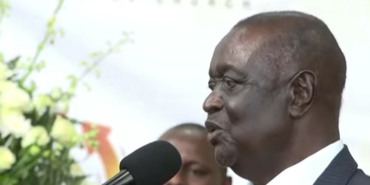


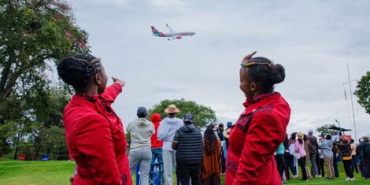



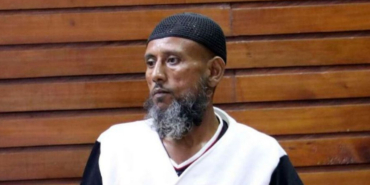
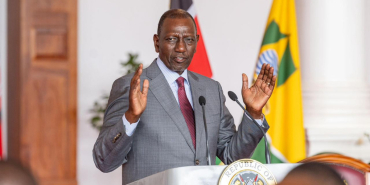




Add new comment